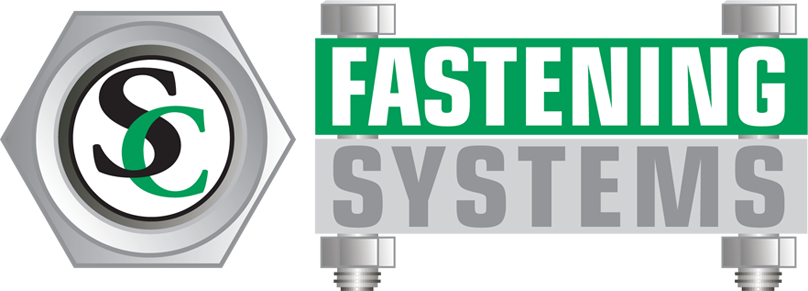A Guide to Automotive Fasteners and Their Applications
Essential components for vehicle safety, performance, and reliability
Fasteners play an enormous role in the safety, performance, and reliability of vehicles. From securing engine components to holding together body panels, automotive fasteners are designed to meet the demanding requirements of the automotive industry.
Types of Automotive Fasteners
1. Bolts and Screws
The most widely used fasteners in vehicles, manufactured to meet strict specifications for strength, corrosion resistance, and vibration resistance.
Hex Head Bolts: Used for engine assembly, suspension, and structural components
Machine Screws: Common in dashboard assemblies, interior components, and smaller parts
2. Nuts
Paired with bolts, designed for high strength and vibration resistance.
Lock Nuts: Feature nylon inserts or distorted threads to resist loosening
Flange Nuts: Built-in washer design for better load distribution
3. Washers
Help distribute load and prevent fastener damage to surfaces. In automotive use, they assist with sealing and vibration reduction.
4. Clips and Retainers
Essential for securing non-structural components such as trim panels, wiring harnesses, and insulation. Made of durable plastics or lightweight metals.
5. Rivets
Used in permanent installations where welding isn’t practical. Common in structural and body panel applications.
6. Threaded Inserts
Provide strong threads in softer materials like plastics or aluminum. Often used for interior and electrical component mounting.
Materials Used in Automotive Fasteners
Carbon Steel
Most common choice for strength and affordability
Stainless Steel
Excellent corrosion resistance for exhaust systems and underbody parts
Aluminum
Lightweight and corrosion-resistant for performance vehicles
Alloy Steel
High-strength material for demanding applications
Coatings for Automotive Fasteners
Zinc Plating:
Provides moderate corrosion resistance at a cost-effective price
Yellow Zinc:
Enhanced corrosion resistance and easy identification
Phosphate Coating:
Common for interior fasteners to improve lubricity and prevent galling
Dacromet or Geomet:
High-performance coatings for maximum corrosion protection in harsh environments
Applications in the Automotive Industry
Engine & Powertrain
High-strength bolts for cylinder heads, crankshafts, and transmission mounts
Suspension & Steering
Grade 8 or higher fasteners for safety-critical components
Body & Interior
Clips, retainers, and screws for trim, upholstery, and electronics
Exhaust Systems
Stainless steel or coated fasteners to withstand heat and corrosion
Why Quality Matters
Automotive fasteners must endure extreme vibrations, heat cycles, moisture, and mechanical stress.
Using the wrong fastener—or a poor-quality one—can lead to:
Component loosening
System failure
Safety hazards
Increased maintenance costs
Trust the Experts
Working with trusted suppliers ensures you receive fasteners that meet or exceed OEM specifications. At SC Fastening Systems, we stock high-quality automotive fasteners designed for durability and performance.
